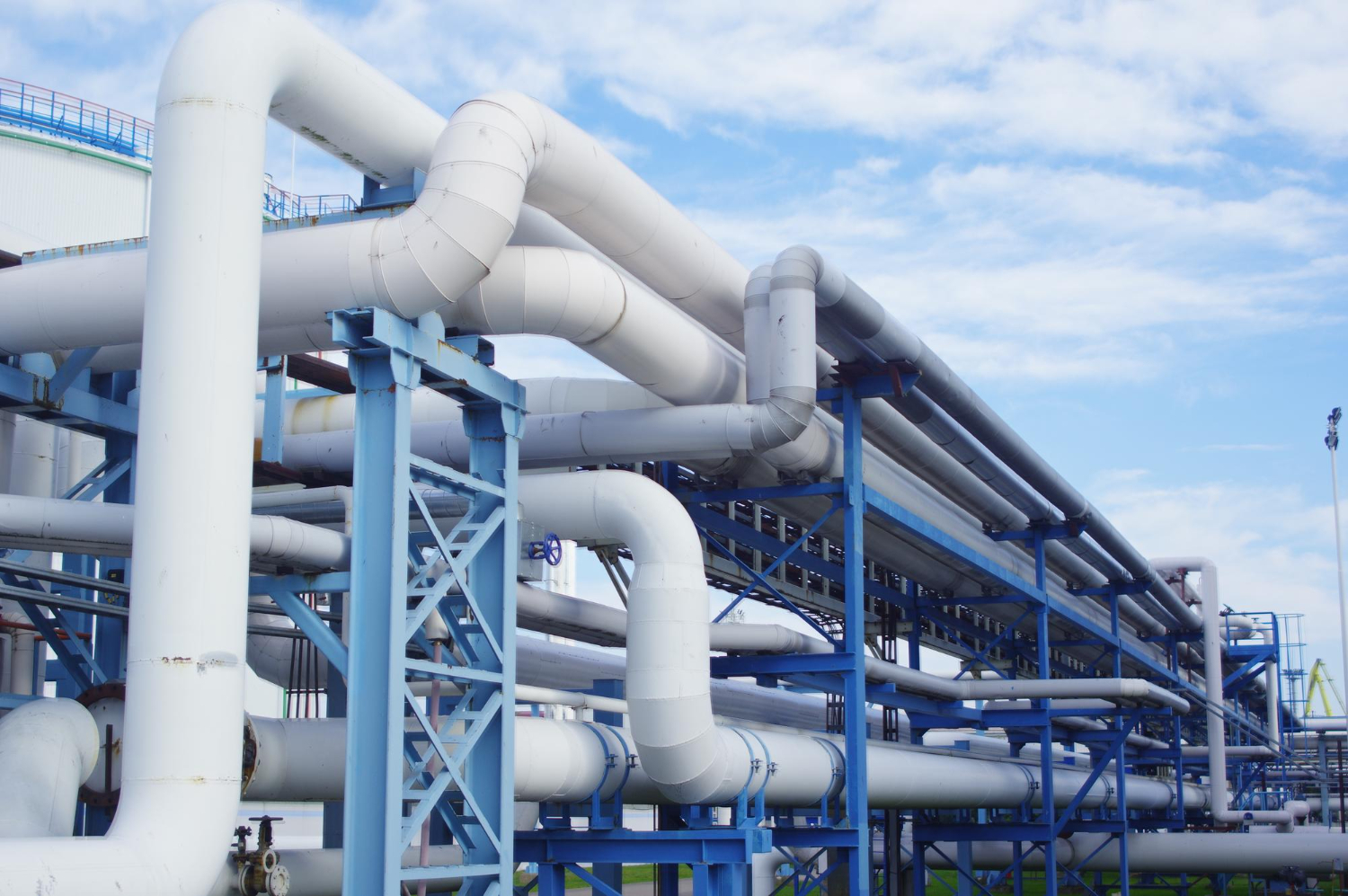 Industrial filtration processes remove common contaminants from air, fluids, and materials. It helps manufacturers reduce waste and ensures they meet quality and safety standards. In addition to reducing waste, industrial filtration prevents workers from coming into contact with highly contaminated materials. It prevents health problems and increases productivity. It also helps manufacturers comply with environmental emission norms.
Industrial filtration processes remove common contaminants from air, fluids, and materials. It helps manufacturers reduce waste and ensures they meet quality and safety standards. In addition to reducing waste, industrial filtration prevents workers from coming into contact with highly contaminated materials. It prevents health problems and increases productivity. It also helps manufacturers comply with environmental emission norms.
Table of Contents
Cleanliness
The cleanliness of equipment is critical for manufacturing, whether it be to avoid costly repairs due to leftover abrasive wear or contamination of essential components. Dirty components can cause malfunctions or even system failure, leading to productivity loss. Keeping water, coolants, oils and chemicals clean and contaminant-free prevents waste and ensures product quality in industrial applications. An effective filtration system is estimated to extend the life of coolants and machine fluids up to 10 times. Maintaining cleanliness is important for the most complex and delicate machinery to protect the equipment from corrosion and premature wear. Filters help keep debris and abrasive particles from entering the pipes, which can clog or disrupt the flow of liquids. Moreover, cleaning procedures must be regularly monitored to ensure they work effectively. It will allow you to see if any changes in hygiene practices are required, ensuring compliance with technical cleanliness standards.
Efficiency
The filtration process helps keep components such as water, coolants, oils and chemicals clean and free of contaminants. It ensures the equipment runs smoothly and efficiently. It also reduces waste disposed of, which is a huge advantage for manufacturing companies that have to comply with environmental regulations. For example, unclean oil can block machinery and cause it to malfunction, costing money in maintenance or possibly causing system failure. By eliminating the particles that contribute to wear and tear, filtration may stop this.
Moreover, industrial process filters Virginia can increase production efficiency. Severe air pollution can make employees feel sluggish and reduce their productivity levels. It is why filtration systems are so important in industrial environments.
Safety
Industrial filtration is used to protect the machinery, tools and equipment that are required to manufacture products. Without it, airborne contaminants would damage the equipment and cause product failure. It can cost the company in repairs or even replacement costs. Industrial filters help to keep the components clean and free of these contaminants, which can prolong the life of the equipment and increase productivity. Manufacturing must implement safety procedures to reduce worker injuries, illness and death. These procedures include identifying pinch points, trip hazards, uneven surfaces and electrical exposures. They can also have operator PPE such as rated clothing, respirators and hearing protection. Filtration systems are often needed to isolate fluids like water, coolants and oils. It allows the company to recycle these liquids and prevent a waste of non-renewable resources. It can also help extend the life of these liquids and reduce energy consumption.
Environment
Industrial filtration is important for manufacturing because it helps ensure that all waste material in the production process is properly disposed of. It can help to save money on waste disposal fees as well as help the environment. Many different types of industrial filters are available depending on the needs of each manufacturing company. For example, some filters can filter out airborne particles, while others are designed to separate chemicals. Some filters also use a centrifuge to separate materials based on density, a popular option for various industries.
In addition, some industrial filters can help to prevent abrasive wear on equipment by removing particles of dust and other debris from the air. It can save on maintenance costs and increase the lifespan of the equipment. Industrial filtration is also key to meeting environmental regulations and promoting sustainable practices.







